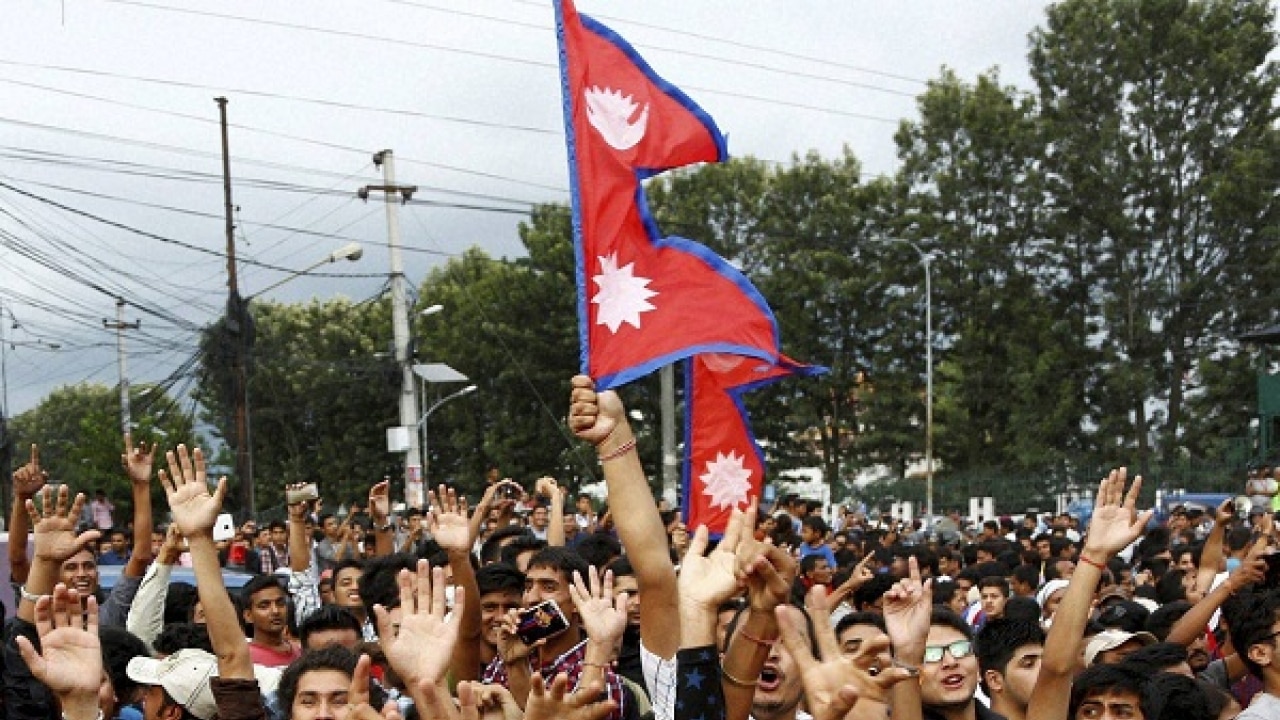
After years of political turmoil, which saw the demise of Nepal's monarchy (and with it, a decrease in the unhealthy amount of influence that Delhi wielded in Nepal's domestic politics), most (but not all) parties agreed on a constitution. Nepal, according to that constitution, will be a federal state made of powerful units. The basis of such units is one fault line in Nepal's constitutional debate. Long disenfranchised groups like Madhesis and Janjatis (including Tharus) want such units to reflect ethnic homelands and associated self-development opportunities, while being part of Nepal. The big three largely pahari-dominated parties (NC, CPN(UML and UCPN(M)) led by upper-caste leaders have agreed on a deal which draws state boundaries in such a way that undercuts the local, dominant aspirations of Madhesi and Janjati groups. Also, Pahari-dominated areas will have a greater representation in federal parliament compared to population numbers. Also, citizenship rules affect Madhesis more than others.
In response to this, a huge mass movement by Madhesi political groups and activists began. Madhes is a thin-strip like region to the north of Bihar and UP. Many Madhesis have centuries old kinship and family ties across the international border — ties that predate the nations of Nepal and Indian Union. Scores of protesters have been killed to maintain 'law and order'. Now, essential petrol-carrying trucks are not crossing from UP-Bihar to Nepal. High security cover on Nepal side means that no one can block a India-to-Nepal petrol-carrying truck unless something on the UP-Bihar side actually stops them. Whether this amounts to a blockade or not is a technicality but it feels like one.
Nepal, a land-locked nation, is disproportionately dependent on the Indian Union due to its geographical location. The Himalayas, for now, limits smooth connectivity between Nepal and China. Delhi's influence on Nepal, often veering towards blackmail, is due to this unfortunate geography. While Kathmandu feels the pain of a blockade in all but name, Indian Union citizens should ask its central government why must they become the object of hate by so many fuel-starved Nepalese. Given how fraudulent Indian Union's own federalism is, with almost all important powers and revenue sources cornered by New Delhi, Government of India might want to cede more powers to states within the Union before pressurising Nepal on federalism. Indian Union is a reality that the federal state of Nepal cannot wish away. In dealing with Madhesi and Janjati demands, Nepal's government would do well to underline the principles of ethnicity-based federalism, decentralisation of power and representational equality among its citizens. When internal accord is lost, “friends” from south and north fish in troubled waters. The responsibility of reaching an accord lies primarily with the Nepal government. Nepal's sovereignty isn't negotiable; neither are Madhesi and Janjati aspirations.
The new Indians — rootless, anglicised yuppies — reduce complex societies into nation-states and often in hilarious terms. The People's Republic of China becomes the dragon, Union of India becomes the elephant (or a nut-bolt lion). NCR-types are fired by fantasies of dragon-elephant fights around some global high table. When big-boys of Delhi play for big stakes in the big-world, the 'elephant' also quashes Indian Union citizens under its feet. Because the “nation” comes first. Sometimes the elephant crosses borders. In Nepal, the elephant has thrown about its weight and made many proud, free people angry. Cowards force submission from the weak by projecting naked power. Beating up someone by using advantages of money and geography mostly works. But sometimes it fails. In those moments, moral hollowness of a powerful entity is exposed – an emptiness that slick, tricolour PR cannot fill. In such times, shame, and not pride, is the sign of an ethical being.